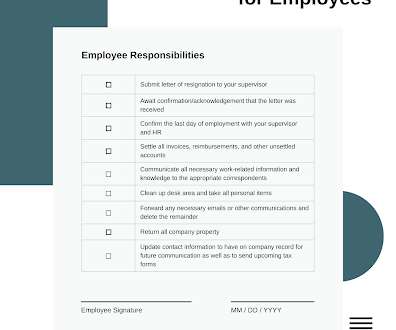The Increased Prevalence of DC Pension Plans is Going to Change the Way We Retire. How to Prepare?
Something Different
AUGUST 21, 2015
<www.forbes.com> …Okay, so this evening I was reading a white paper from Aon Hewitt (you can find it here ) that states the following: One of the key findings from this research is that there appears to be a welcome sense of realism among employees about their retirement prospects. This is heady stuff. This is heady stuff.
















Let's personalize your content